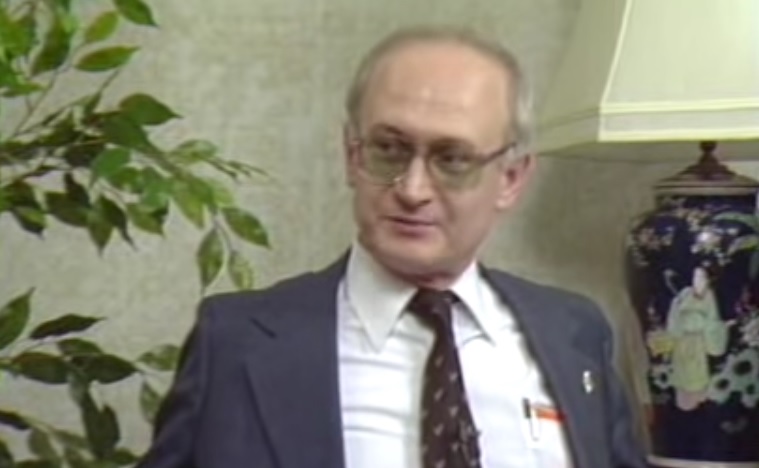
Initially, his “prologue” appears somewhat disconnected from the novel itself. Kanwar opens his book with a historic bit of correspondence. Throughout the novel, sinister establishment forces are working behind the scenes to silence dissent and ensure the success of their proposed cultural “reset.” A Prologue: 4 Steps to Subversion In New York City, Jennifer Moore, a Midwestern girl who was entirely transformed into a social justice warrior by her years at New York University, works for an organization that claims to fight for “social justice.” She proudly serves the vision of a racially transfigured America and the end of “white privilege.” When tragedy strikes her own family during a violent Black Lives Matter riot, even Jennifer begins to question who she has become as a result of her years in the radical progressive movement. A disruptive left-wing coalition is ushering in a new order based on state enforced principles of “diversity, equity, and inclusion.” Over time, Sam discovers there are others who share his anxiety. In Dhillon’s Canada, new laws aim to eliminate the ideals of personal freedom and liberal meritocracy. Sam Dhillon is a second-generation East-Indian Canadian who no longer recognizes and, in fact, misses the country he grew up in. Both principal protagonists are authentic individuals who readers will care about. The personal stories of Kanwar’s characters play out in Toronto and New York City. In the author’s vision, decades of excessive multicultural policies and progressive “diversity” commitments have all but destroyed national solidarity within nations like Canada and the United States. Kanwar anchors “Identity Crisis” in 2025. Years ago, political analysts like Mark Steyn warned about the inevitable consequences of combining nanny state redistribution policies with indiscriminate mass immigration from areas of the world that do not share Western democratic values. His first novel, “ Identity Crisis,” is a fierce indictment of the divisive, far-left, race-baiting wokerati who are tearing apart the social fabric of Western nations. He spent several years as a media analyst and has worked for the federal government.īut, out of the gate, Kanwar has produced a thoroughgoing impeachment of our progressive social order. He earned a degree in sociology from the University of Toronto and a master’s in public administration from Ottawa’s Carleton University. Hailing from Toronto, at first glance T.K. A Canadian Novelist’s Fierce IndictmentĮarly this year, a promising Canadian novelist also produced a book of compelling significance. He raised our consciousness with captivating tales and life-like characters. But Wolfe’s approach of reality-based personal stories was easy to grasp and enormously engaging. He too raised serious questions about moral decline and the uncertain future of Western civilization. Like Bork, Wolfe explored cultural phenomena with remarkable insight. Readers may recall that American novelist Tom Wolfe’s bestseller “ I Am Charlotte Simmons” exposed shocking new sexual and status relationships that were developing in Ivy League universities. In the early years of the present century, parents of various partisan stripes shared anxieties about sending a daughter away to university.



Popular novelists, on the other hand, can encourage a wider spectrum of readers to re-examine biases and question conventional wisdom. Culturally illiterate progressive schooling had long since closed the minds of young people to classical references like “Gomorrah” or scholarly analyses of post-modern ideology. Bork published a book titled, “ Slouching Towards Gomorrah: Modern Liberalism and American Decline.”įor conservatives in the Reagan and Harper eras, Bork’s book was a blockbuster, a blistering indictment of the consequences produced by radical progressivism and the cultural self-indulgence of the New Left.īut by the end of the 20th century even graduate students in the humanities were ill-equipped to understand sober academic analyses. Late last century, the distinguished American jurist Robert H. Novels can move hearts and change minds in ways that cannot always be achieved by exposure to academic analysis.


 0 kommentar(er)
0 kommentar(er)
